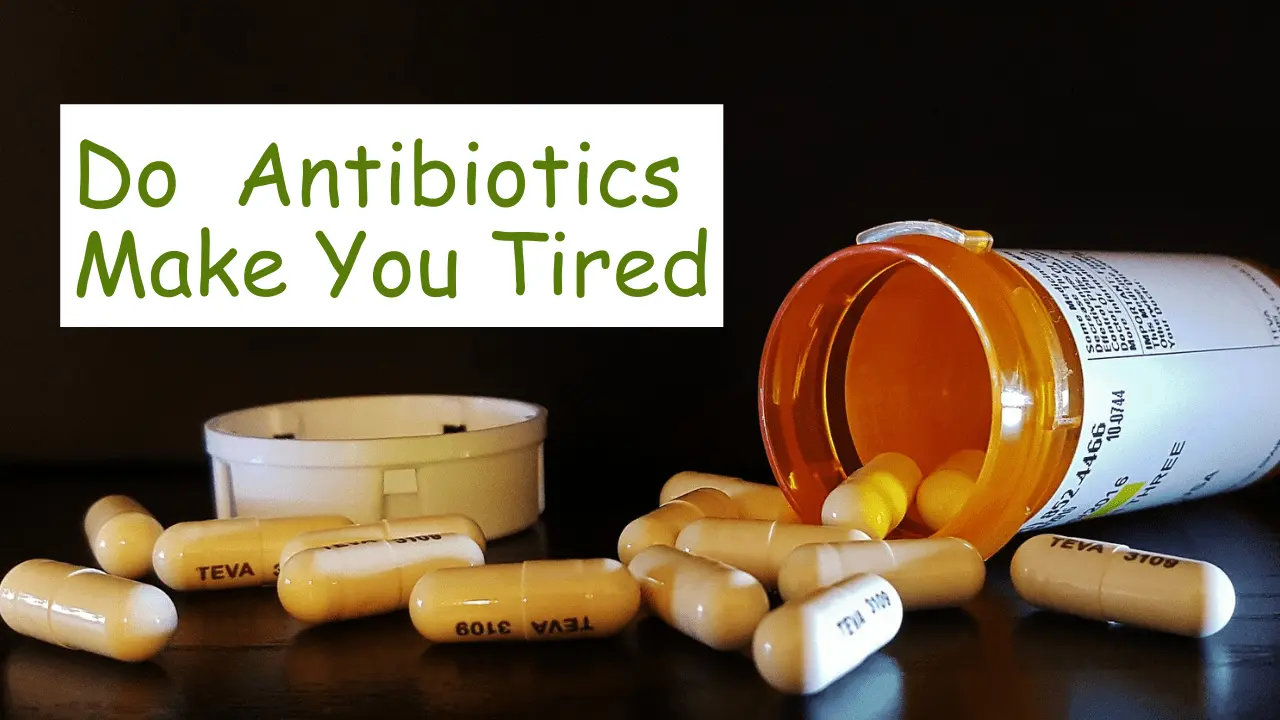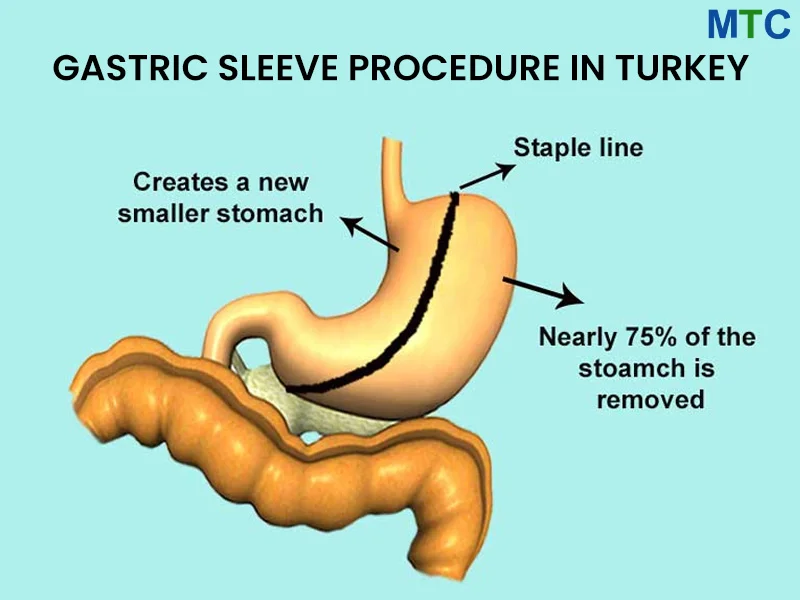Antibiotics are powerful medications that are commonly used to treat bacterial infections. While they can be highly effective at eliminating harmful bacteria, antibiotics can also cause a range of side effects. One of the most common complaints among those taking antibiotics is fatigue.
Many people report feeling tired, sluggish, or lethargic during or after treatment with antibiotics. But is there really a connection between antibiotics and fatigue? In this article, we’ll explore do antibiotics make you tired, and examine some of the potential causes and contributing factors.
What Are Antibiotics and How Do They Work?
Antibiotics are a class of drugs that are used to treat bacterial infections. They work by killing bacteria or preventing their growth, thereby helping the body fight off infection.
Antibiotics work in a number of ways, depending on the specific type of drug. Here are some of the most common mechanisms of action:
Inhibition of cell wall synthesis
Certain antibiotics, such as penicillin, disrupt the formation of bacterial cell walls. Without a strong cell wall, the bacteria are vulnerable to rupture and death.
Inhibition of protein synthesis
Other antibiotics, such as tetracycline and erythromycin, interfere with the production of bacterial proteins. This prevents the bacteria from functioning properly and can lead to their eventual death.
Interference with DNA synthesis
Some antibiotics, such as quinolones and metronidazole, disrupt Pune Escorts Services
the replication of bacterial DNA. This prevents the bacteria from reproducing and spreading.
Disruption of bacterial membranes
Certain antibiotics, such as polymyxins, damage bacterial membranes, causing the bacteria to leak and die.
Types of Antibiotics
There are many different types of antibiotics, each with their own unique mechanisms of action. Here are some of the most common types of antibiotics:
Penicillins: This class of antibiotics includes drugs such as amoxicillin and ampicillin. Penicillins work by inhibiting cell wall synthesis.
Cephalosporins: These antibiotics are similar in structure to penicillins and also work by inhibiting cell wall synthesis.
Macrolides: This class of antibiotics includes drugs such as erythromycin and azithromycin. Macrolides work by inhibiting protein synthesis.
Tetracyclines: These antibiotics work by inhibiting protein synthesis.
Fluoroquinolones: This class of antibiotics includes drugs such as ciprofloxacin and levofloxacin. Fluoroquinolones work by interfering with DNA synthesis.
Can Antibiotics Cause Fatigue?
Antibiotics are a common class of medications used to treat bacterial infections. While they can be effective at fighting infections, they can also cause a range of side effects, including fatigue. Antibiotic-related fatigue can be caused by a variety of mechanisms, including disruption of the gut microbiome, changes to the immune system, and direct effects on mitochondrial function.
Some antibiotics, such as fluoroquinolones, macrolides, and sulfonamides, are more likely to cause fatigue than others. If you’re experiencing fatigue while taking antibiotics, it’s important to get plenty of rest, stay hydrated, eat a healthy diet, and talk to your doctor if your symptoms persist or worsen.
Feeling Tired of Antibiotics? Here’s What You Can Do
The exact mechanisms behind antibiotic-related fatigue are not fully understood, but some possible factors include disruption of the gut microbiome, changes to the immune system, and direct effects on cellular energy production.
Some antibiotics are more likely to cause fatigue than others, such as fluoroquinolones, macrolides, and sulfonamides.
Tips to Cope with Antibiotic-Related Fatigue
Get plenty of rest
Rest is an important part of the healing process, and getting enough sleep can help your body recover more quickly. Aim for 7-9 hours of sleep per night, and consider taking naps during the day if you need to.
Stay hydrated
Drinking plenty of fluids, especially water, can help keep your energy levels up and prevent dehydration, which can make fatigue worse. Avoid caffeinated drinks and sugary drinks, which can cause energy crashes.
Eat a healthy diet
Eating a balanced diet that includes plenty of fruits, Kolkata Escort Services vegetables, whole grains, and lean proteins can provide your body with the nutrients it needs to function properly and fight off infection. Avoid foods that are high in sugar, unhealthy fats, or processed ingredients, which can contribute to fatigue and inflammation.
Take probiotics
Antibiotics can disrupt the balance of bacteria in your gut, which can affect your digestion, immune system, and energy levels. Taking probiotic supplements or eating foods that contain probiotics, such as yogurt or kimchi, can help restore the balance of good bacteria in your gut and reduce antibiotic-related symptoms.
Talk to your doctor
If your fatigue is severe or persistent, talk to your doctor about other treatment options or ways to manage your symptoms. They may recommend adjusting your antibiotic dose or switching to a different type of antibiotic that is less likely to cause fatigue. In some cases, they may suggest additional tests or therapies to rule out other underlying conditions that may be contributing to your fatigue.
Conclusion
In conclusion, antibiotics can indeed make you feel tired or fatigued as a common side effect. However, the severity and duration of this symptom can vary depending on the type of antibiotic, your individual health status, and other factors. If you are feeling tired while taking antibiotics, it is important to take care of yourself by getting plenty of rest, staying hydrated, eating a healthy diet, taking probiotics, and talking to your doctor if your symptoms persist or worsen. By taking these steps, you can help reduce the impact of antibiotic-related fatigue and support your body’s healing process.




